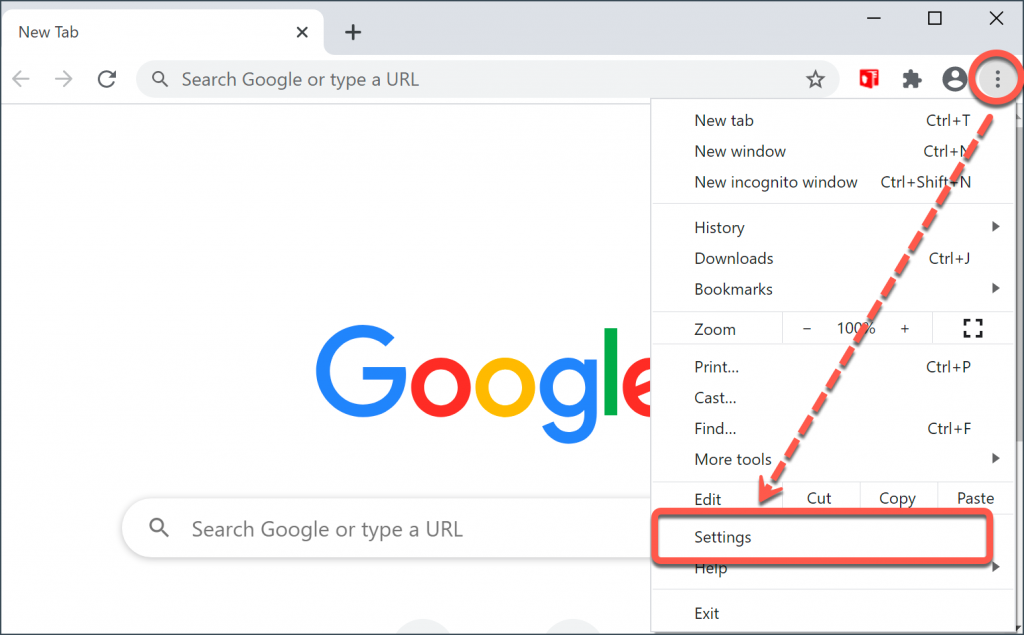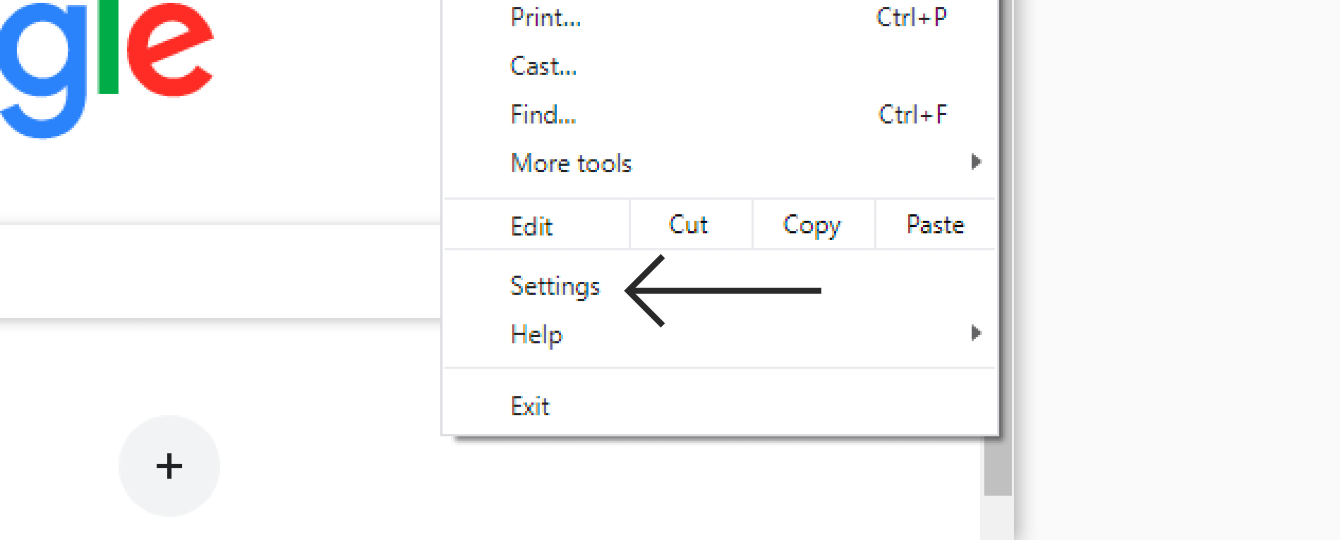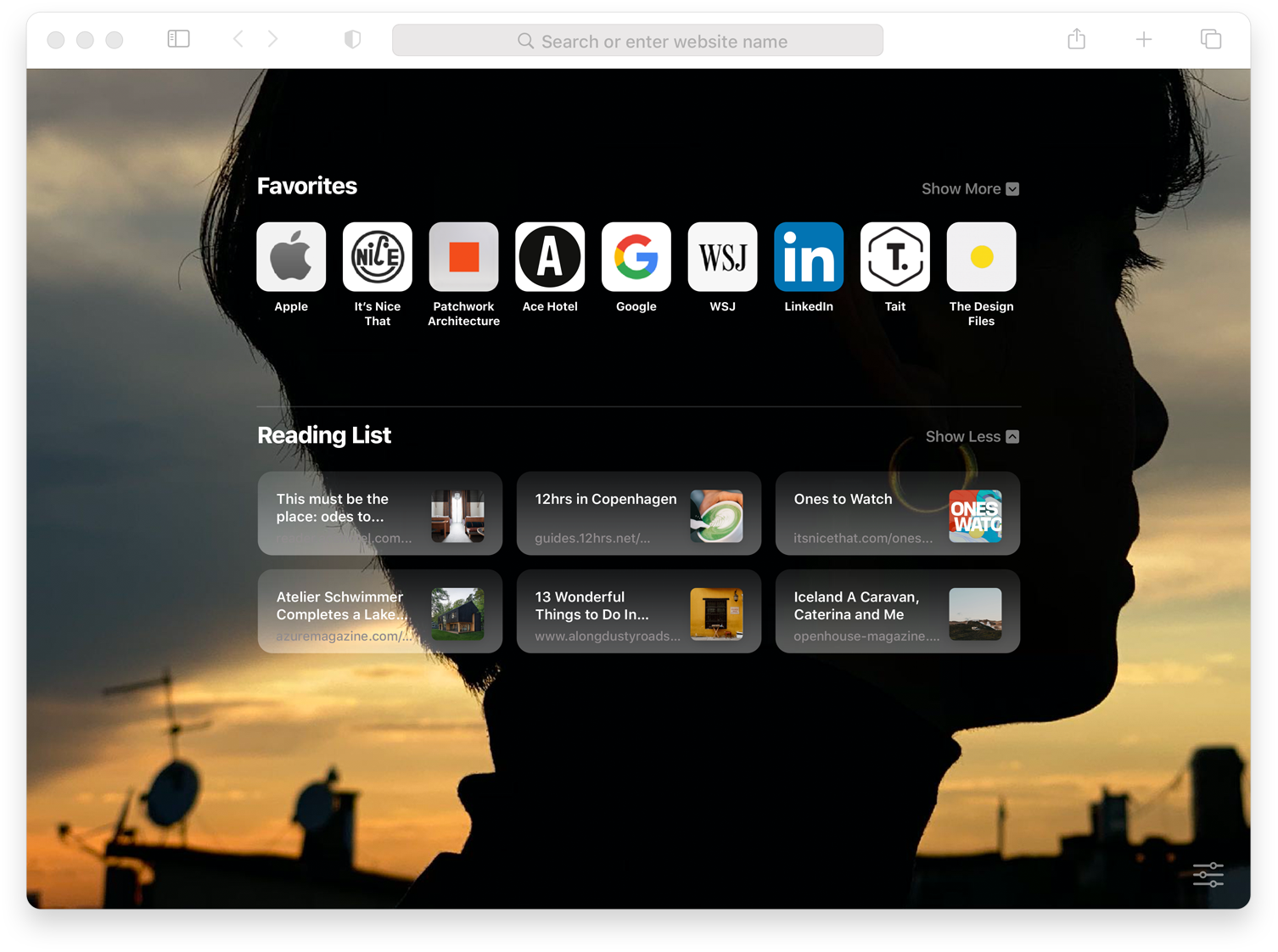
Unlike Google and other search engines, DuckDuckGo doesn’t track you, and explicit content is blocked in search results by default. And if you’re a lawyer, you probably already know about LexisNexis, which provides access to statutes, laws and case opinions from 1770 to the present.

For detailed medical information (for doctors and researchers), the Entrez search engine gives you access to specialized databases. If you’re searching for a job, there are several search engines you might want to use. You may even want to use specific search engines for certain types of searches. (Wikipedia has a comprehensive list of search engines, including those that are country-specific.) Or, in certain countries, you may want to use a search engine more adapted to your culture. (They just may not be used by such as aggressive an ad network as Google’s.) You could use Microsoft’s Bing, for example, or Yahoo!, or the privacy-focused DuckDuckGo. You don’t have to use Google: there are a few good alternatives, but most of them store information about you, to build the same kind of profile as Google does. In other words, using a search engine is the same as giving away lots of private information about you, your habits, and your life. (Of course they don’t know if that search about the cat was really for a friend or neighbor, in which case the ads are incorrectly targeted, but if no one clicks, they don’t make any money.) So by storing information about you on Google’s servers, the company can know which ads are most likely to interest you. Google is the biggest advertising provider on the web, and millions of websites use Google Ads. You’ll soon see ads for pet food on various web pages. For example, you may have a question about your pet, and use Google to find the answer. This is why you often see ads related to your web searches. It also tracks the websites you visit, ensuring not to miss anything you do. It creates a unique profile of you, of your interests, your medical conditions (because everyone searches Google when they have health questions), and your browsing activity, and uses this to provide carefully targeted ads. In exchange for providing you with such a powerful tool, Google collects data about you. Your share of that may be small: if you’re just an average person, you may search the web 3-5 times a day, but some of us, such as writers, may perform several dozen searches in a single day when researching articles and books. Google handles nearly 85,000 searches per second, or 7.3 billion per day, or more than two and a half trillion searches every year. If you’re like most people, you search the web a lot.
#WHERE IS LAN SETTINGS ON MAC FOR CHROME HOW TO#
If you are having trouble accessing a site due to Zotero proxy redirection functionality, see Proxy Troubleshooting.How To + Recommended How to switch search engines on macOS and iOS (and why you should) Check the box for this option if this is the case for your proxy server.

Some proxy servers require hyphens in proxied hostname URLs to be converted to dots. You can also enable/disable automatic association of new hostname URLs with a proxy server.

#WHERE IS LAN SETTINGS ON MAC FOR CHROME PLUS#
You can add/remove additional URLs to redirect through a single proxy by clicking on the plus (+) and minus (-) buttons below the Hostnames list. From there, you can specify the URL of the database being accessed under hostname and the URL scheme of the proxy. You can manually add proxies by by clicking on the plus (+) button.

If you are having issues with a proxy, try to remove it from the list and re-add it by visiting the site and letting Zotero automatically detect the proxy settings again. You can remove stored proxies by clicking the minus (-) button below the list. When Zotero automatically detects and saves institutional proxies, they will be stored here.


 0 kommentar(er)
0 kommentar(er)
